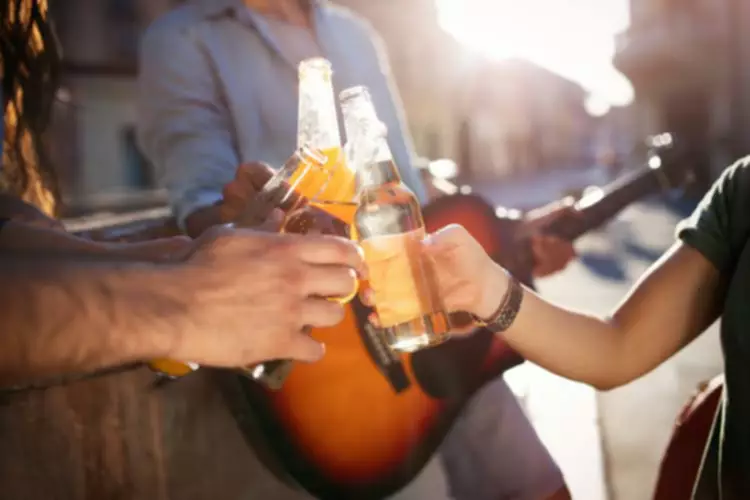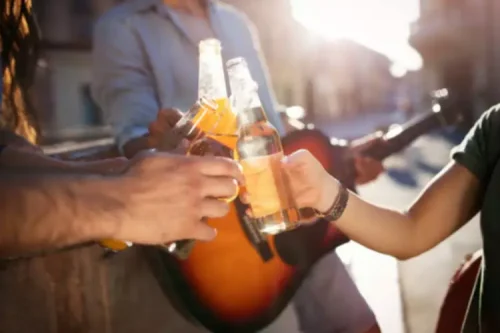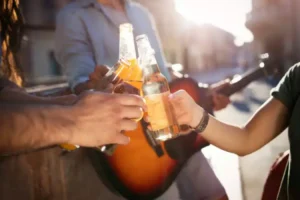
Underage drinking occurs when a person consumes alcohol before the legal drinking age of 21 in the United States. Even those who don’t develop an addiction have a greater risk of developing a drinking problem later in life. They’re also likely to develop a substance abuse problem as an adult (including drug use). All 50 US states have set their minimum drinking age to 21 although exceptions do exist on a state-by-state basis for consumption at home, under adult supervision, for medical necessity, and other reasons.

The Consequences of Underage Drinking
- Several studies found a spike in alcohol-related car crashes and increased drinking there among still-underage 16- and 17-year -olds.
- Long-term alcohol use can affect bone density, leading to thinner bones and increasing your risk of fractures if you fall.
- Children or teenagers start drinking for many reasons, such as stress or major life transitions.
- In Illinois, it is against the law for anybody under 21 to possess or consume alcohol.
This prohibition does not apply to minors who are at home with their parents or legal representatives. Excessive alcohol use can harm people who drink and those around them. You and your community can take steps to improve everyone’s health and quality of life.
SOCIAL COSTS
If you are a parent, talk with your children about the risks of alcohol consumption. Researchers from Boston University reviewed scientific literature published since 2006 and concluded keeping the legal drinking age at 21 reduces rates of drunk driving and crashes, and reduces rates of underage drinking. First is the epidemiologist’s problem of discerning theactual consequences of eliminating (or reducing) underagedrinking. What reduction would there be in highway crashes,crime, and school dropouts and in all the long-term effects ofthese events?

Negative Consequences of Underage Drinking
- Recent research also suggests that adolescentdrinking can inflict permanent damage on the developing brain (Brown and Tapert,2004).
- Young people are still learning reasonable judgment and how to handle peer pressure.
- Wechsler et al. (2002) report that about 11 percentof college students admitted to having damaged property whiledrinking.
Eighty percent of college students say they drink, despite laws making it illegal for anyone under 21 to drink alcohol. Critics of that drinking age say that lowering it would reduce binge drinking and alcohol-related deaths. Alcohol-related traffic fatalities constituted almost 37 percentof all fatal youth traffic fatalities (National Highway Traffic SafetyAdministration, 2002b). Underagedrinkers present greater risks than adults when driving, even atlower BAC levels. More 19-year-olds died in alcohol-relatedcrashes with relatively low BAC levels than any other age (National HighwayTraffic Safety Administration, 2002b). This chapter reviews some of the acute and chronic consequences ofunderage drinking.
Do adults affect underage drinking?
That’s because drinking during pregnancy doesn’t just affect your health. Slurred speech, a key sign of intoxication, happens because alcohol reduces https://ecosoberhouse.com/ communication between your brain and body. This makes speech and coordination — think reaction time and balance — more difficult.
Why A Minimum Legal Drinking Age of 21 Works

Teen drinking has also been linked to mental health consequences of drinking disorders, such as depression and attention deficit/hyperactivity disorder (ADHD). Be a role model for your children by not drinking alcohol yourself, or at least drinking responsibly. In the United States, more than 3,500 people under 21 die each year for reasons related to excessive drinking. In Illinois, it is against the law for anybody under 21 to possess or consume alcohol.
